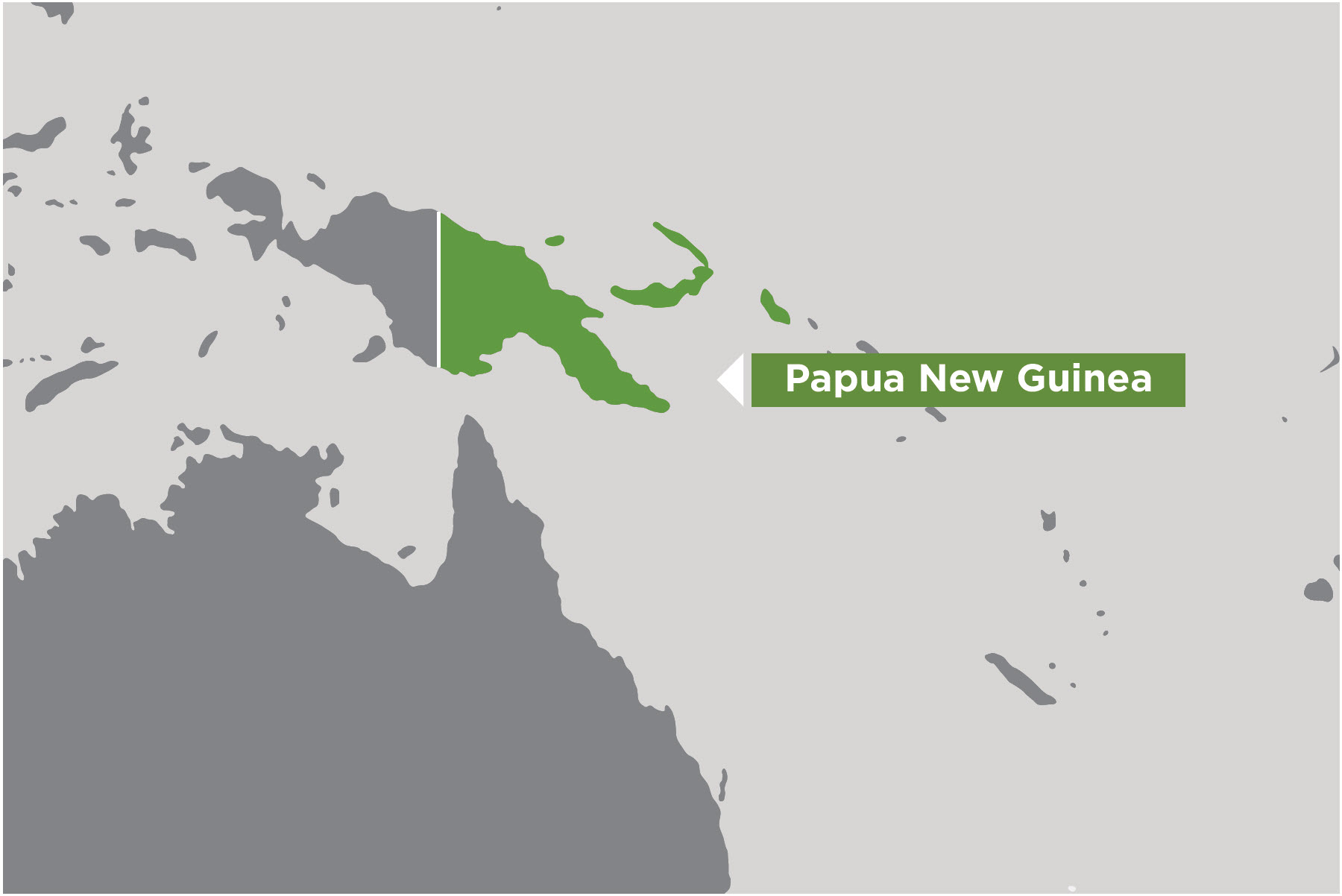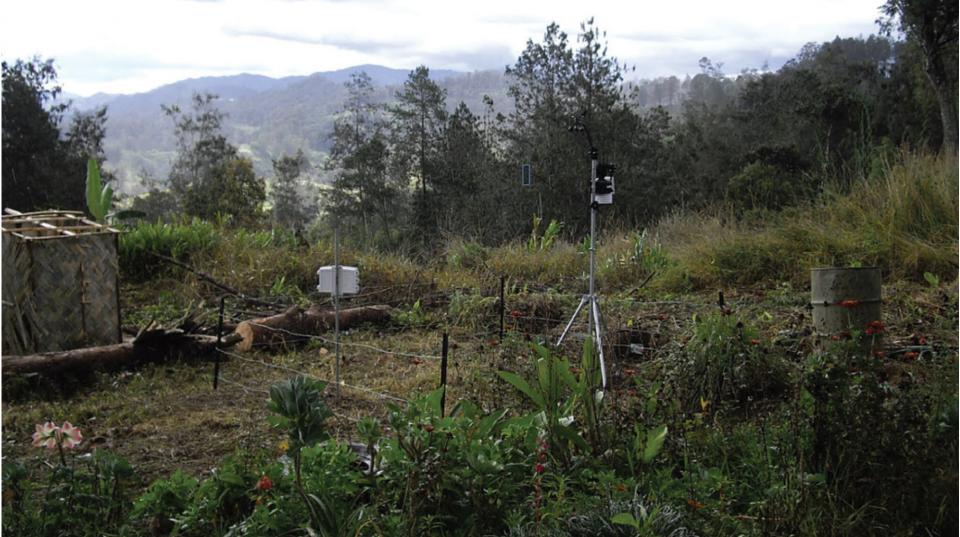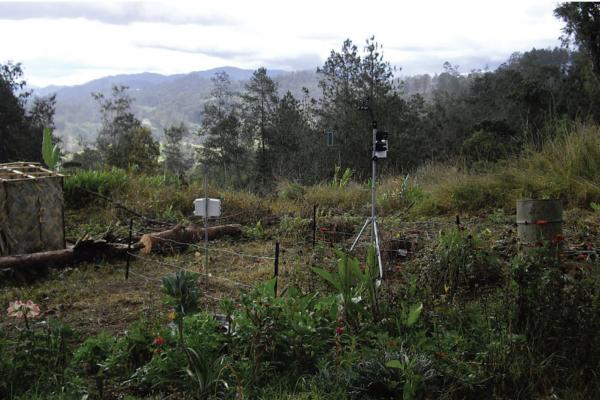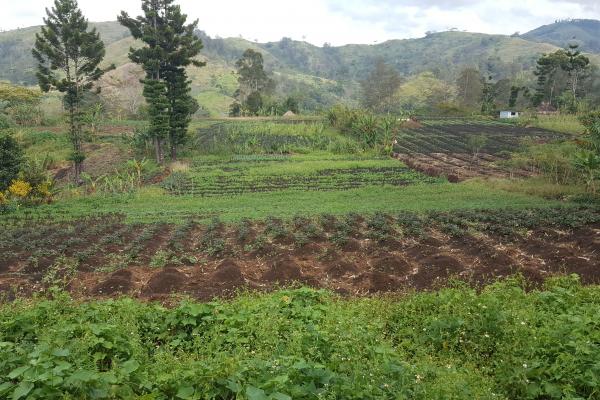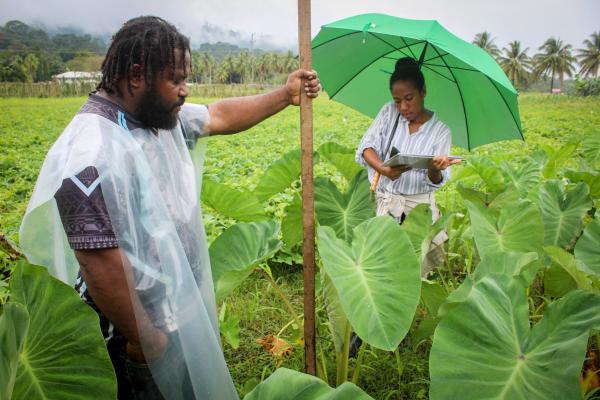Overview
This project is facilitating the use of seasonal climate information in Papua New Guinea (PNG) farming communities to inform food production decisions and by doing so, improve food security outcomes for rural communities.
Communities in PNG reliant on agriculture-based livelihood systems are at risk from climate variability and change. Making strategic food production plans ahead of evolving seasonal climate conditions is seen as an important way to improve the resilience of food production systems. Seasonal climate forecast information is one tool that has been identified as aiding adaptation responses to seasonal climate variability, however its use in rural community food production is challenging due to the complex nature of the information.
This project will examine ways in which seasonal climate information, with a three to six-month lead-time, can be communicated and integrated with existing farm practices to increase the adaptive capacity of farmers in five sites in PNG across three regions: Eastern Highlands centred on Aiyura and the Asaro Valley; The Morobe Province centred on the Markham Valley; and Kerevat in East New Britain.
Expected outcomes
- Social network maps of knowledge dissemination pathways, as well as community information requirements for both men and women.
- Seasonal climate information tailored to community requirements and operationalised via the PNG NWS.
- A climate-smart agriculture program tailored for use by NARI, the DAL and FPDA to disseminate to other communities to foster adoption of climate resilience farming practices.
- Field trial sites managed using the SCF information with comparison of farmer “best practise” to demonstrate production benefits.
- The establishment of the forecast forum with NARI, DAL, FPDA and a host of Government agencies, facilitated by the CCDA, to examine options to scale the SCF extension activities.
